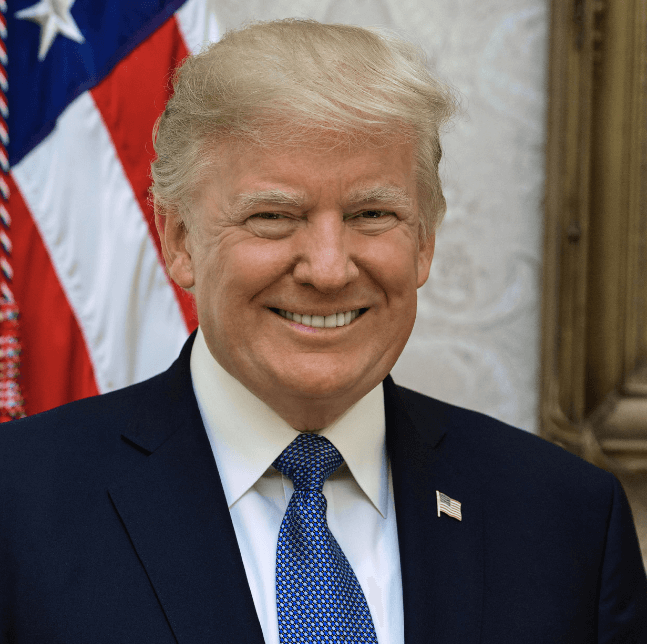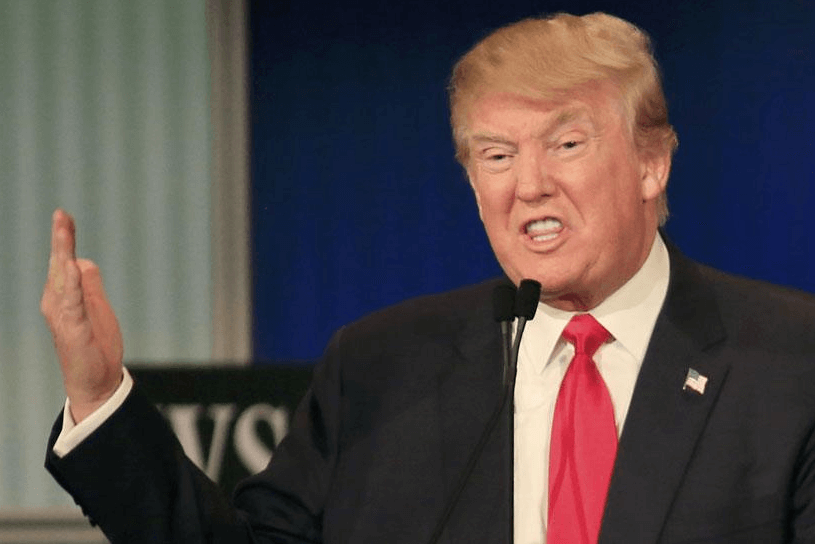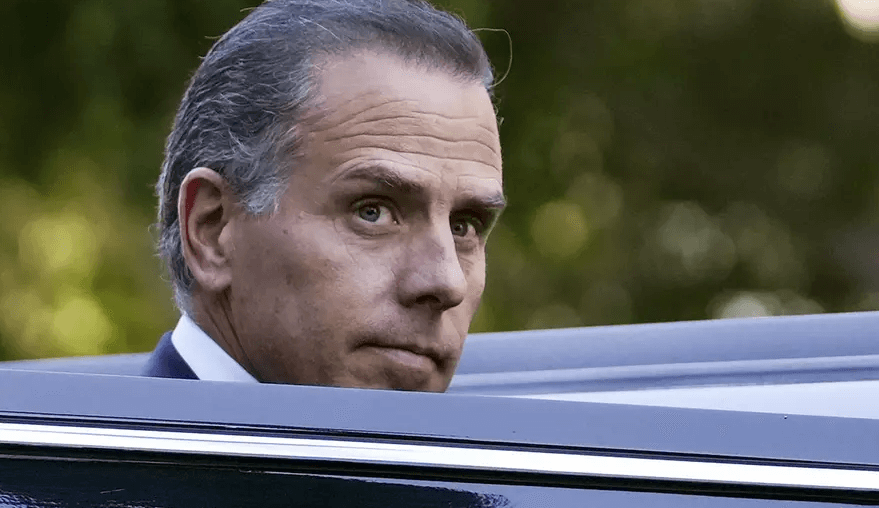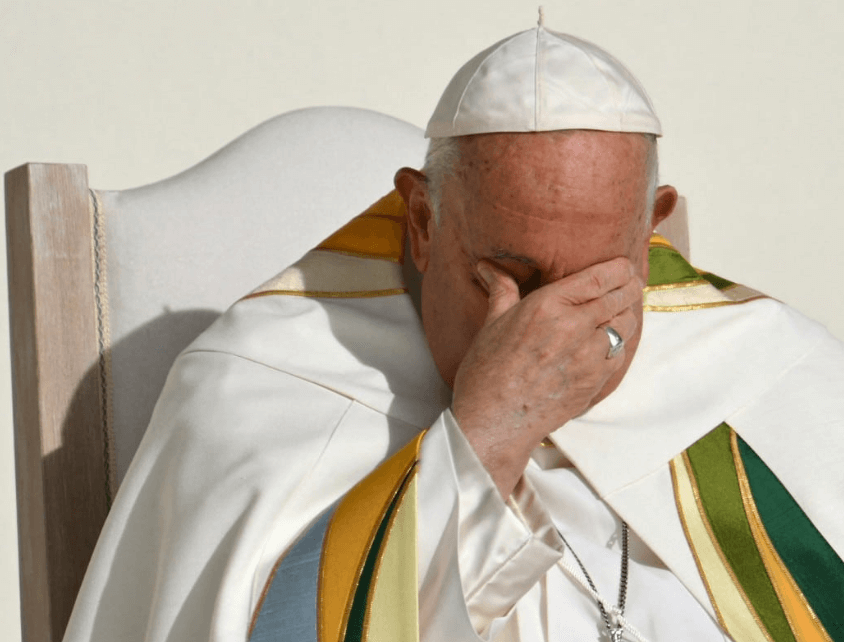When we consider revolutionary leaders, most of us picture dramatic, flamboyant types—Fidel Castro in fatigues, Che Guevara with his iconic stare, or firebrands like Leon Trotsky and Robespierre.
Maybe even the stern face of Ayatollah Khomeini rallying crowds from afar. What probably doesn’t spring to mind is a 78-year-old American real estate heir in a long red tie and black suit, sporting a combover and tweeting from a gold-plated penthouse.
And yet, efforts have been made to portray Donald Trump as some type of revolutionary figurehead, a man who is overthrowing the pillars of the entrenched status quo. Does he, however, qualify?
At first, it might look like it. Trump hasn’t simply changed policies that already exist—he’s gone after the institutions themselves that have upheld American democracy for generations.
From challenging how the Constitution should be interpreted to attempting gargantuan changes in United States foreign policy, his course has certainly been disruptive, at times even radical.
Disruption, though, doesn’t always mean revolution.
What Makes a Revolution
Years ago, I had defined a revolution as “the overthrow of an in-place state by members of its own society, and the establishment of a new political order.”
Actual revolutions usually begin at the grass-roots level—popular revolts led by insurgents who rally ordinary citizens to overthrow entrenched systems. Think of Lenin, Mao, or the American Founding Fathers. These movements do not only seek power, but also to rewrite society’s rules—and in many cases, to send their vision worldwide.
Revolutionaries are not just looking for change; they believe the existing system is fundamentally defective and must be overthrown in its entirety. That belief creates powerful ideologies, aggressive actions, and, all too often, unexpected war.
History shows that revolutions have a tendency to create instability and violence, precisely because both revolutionaries and old regimes are driven by a toxic mix of fear and hubris.
But this is the thing: Trumpism is not grass-roots. It’s not a popular revolt. It’s not about remaking the world. It’s not even particularly original.
Trumpism: A “Revolution from Above”
What we’re witnessing is more of a “revolution from above.” This is when elites—often military or political insiders—gain control and reshape the system without mobilizing the masses in the way classical revolutions do.
Think Ataturk in Turkey, Nasser in Egypt, or the Meiji Restoration in Japan. These revolutions are top-down, not bottom-up. They can bring big changes, but they don’t usually spark widespread ideological transformation beyond their borders.
That’s the Trump camp. His political ascent did not develop from decades of experience in oppositional activism’s trenches. It arose from inside the system—through leveraging media, capital, and elites’ dissatisfaction to transmit an alternative that infected the system. And despite the incendiary rhetoric of his, his advocated policies are not revolutionary ones—retrograde ones instead.
No Exportable Vision, No Contagion
Trump hasn’t created a new paradigm for global leadership. He hasn’t inspired a band of followers. The right-wing populist movements that he is connected to—Orban in Hungary, Bolsonaro in Brazil, the Alternative für Deutschland in Germany—are all older than him. He isn’t an innovator; he’s a part of a bigger trend of democratic decline.
In fact, the Trump era has often galvanized opposition rather than inspiration. In countries like Canada, Germany, and the UK, his influence has helped center-left and moderate parties regain strength. Whatever Trumpism is, it hasn’t proven infectious.
The Rearview Mirror, Not the Road Ahead
Trump’s vision isn’t about building a new future—it’s about resurrecting a past. The “Make America Great Again” mantra says it all. It’s nostalgia masquerading as progress.
He wants tariffs like in the 1900s, a turn back from civil rights, and a pullout from multilateralism. He wants authoritarian tactics over democratic discourse and conspiracy instead of science. He’s not reimagining America—he’s trying to rewind it.
Even Trump’s allies, like Robert F. Kennedy Jr. or Elon Musk, are not offering anything new. They’re recycling old anti-establishment tropes and following an old autocrat’s playbook—one that doesn’t tend to end well for the people it claims to represent.
The Real Tragedy
There is nothing particularly revolutionary about suppressing dissent, demonizing immigrants, or replacing facts with handy falsehoods. These are well-known tools of authoritarianism. What is particularly disappointing, however, is that these tools are now being applied at the heart of the very nation that was once a beacon of democratic ideals.
As America heads toward the 250th anniversary of the Declaration of Independence, it’s an honest question to pose: What are we really celebrating? Will it be the bold promise of liberty and equality that gave birth to a nation—or the incremental abandonment of those ideals in the face of fear, division, and withdrawal?
Trump is a lot of things—disruptive, powerful, polarizing—but he is not a revolutionary. He’s a reactionary, trying to bring back an unreality of a bygone era that never existed as magnificently as he remembers and driving the country further away from the ideals that once made it a model to the world.







Leave a Reply